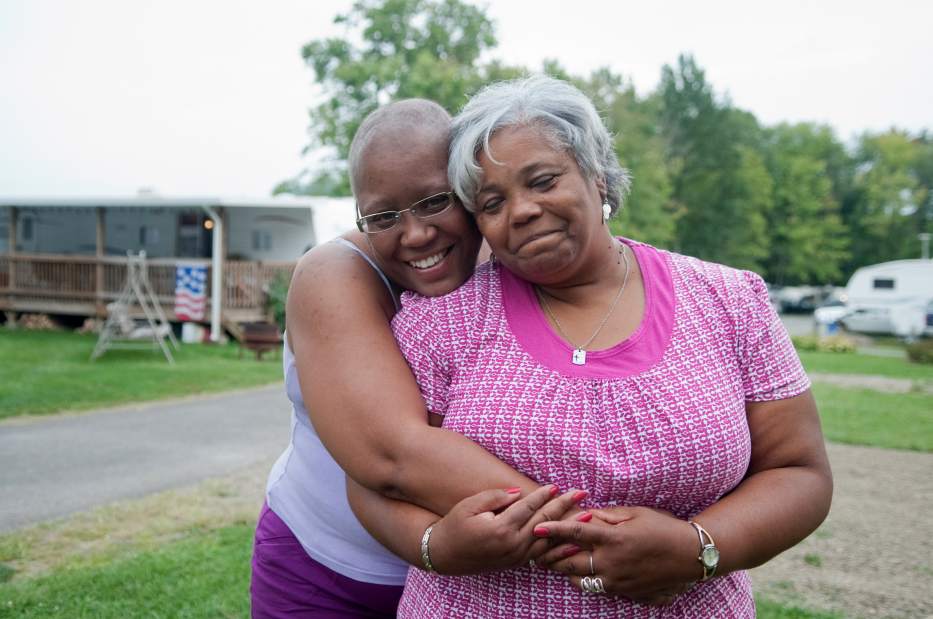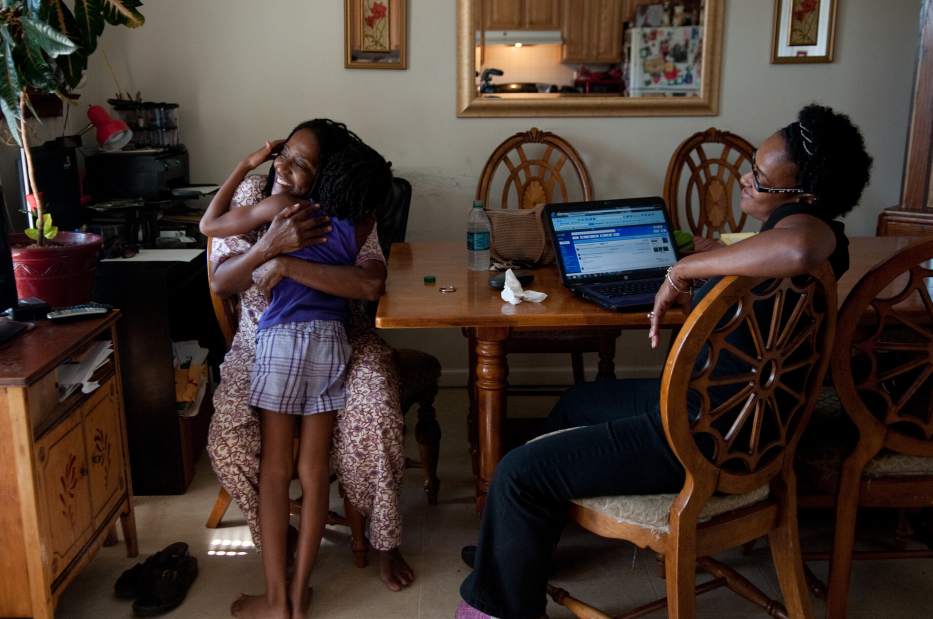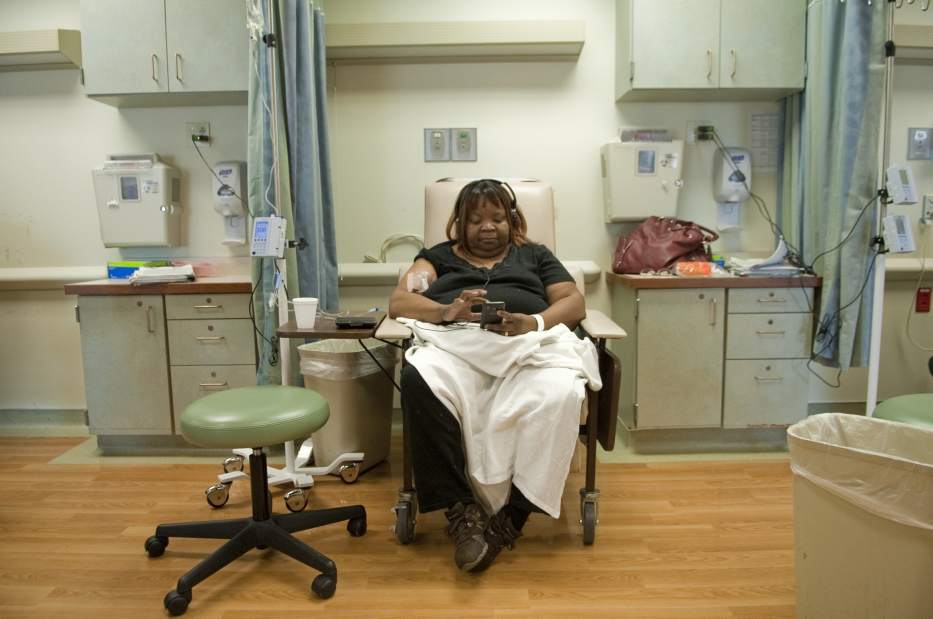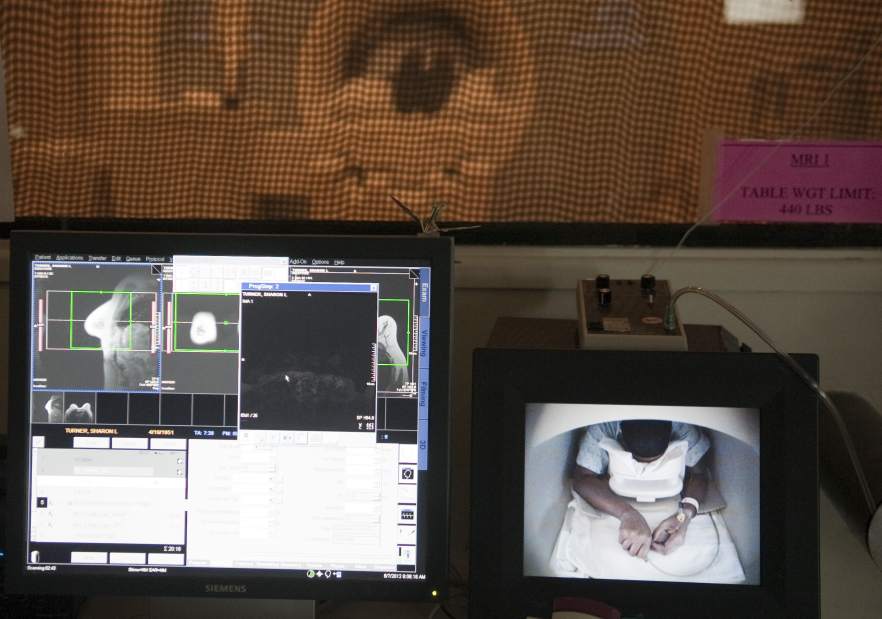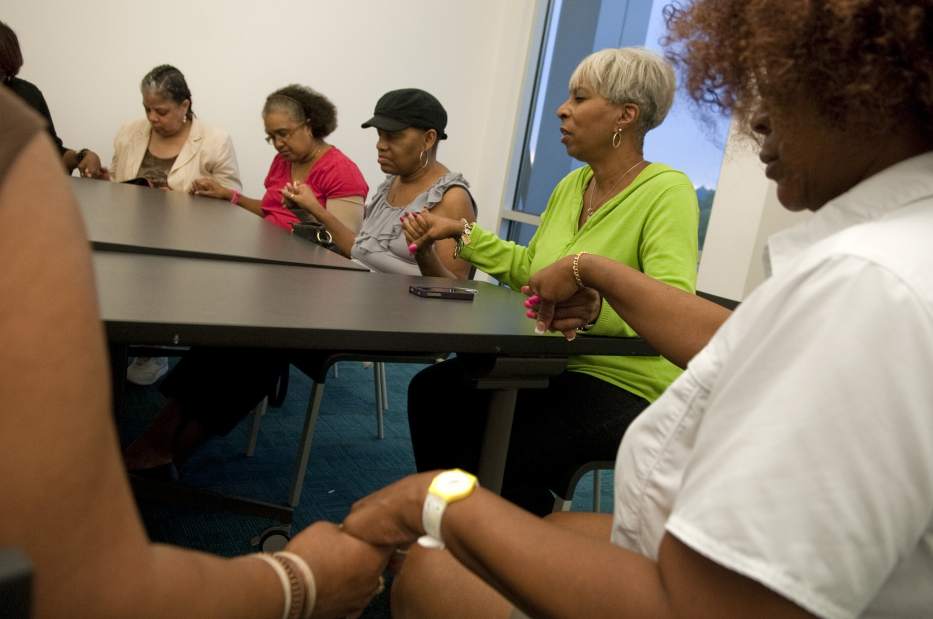Family, support groups get women through breast cancer ordeal
Sylvia Lowery-Lewis rarely goes alone to chemotherapy. Her husband and a daughter tag along when she sits for as long as six hours with a needle in her arm, absorbing powerful chemicals that destroy breast cancer cells.
She sees other women there alone — no one to talk with, no hand to hold — and wonders, “What are they thinking? What are they feeling? You have no one to discuss anything with.”
Lowery-Lewis, 59, of Highland Park wants to reach such women through her website, www.triplenegativebreastcancerawareness.com, built even as she undergoes a second round of chemotherapy. The site spotlights the triple-negative form of breast cancer, a deadly, fast-growing cancer that she battles, and more general issues, including family support, she said.
Public service is therapeutic for women with breast cancer, many of whom foster or strengthen support networks after their diagnoses.
“Instead of focusing entirely inward, she's looking outward,” said Dr. Dwight Heron, Lowery-Lewis' oncologist and the director of radiation oncology services at UPMC Cancer Centers. “She wants to help other people face what she's facing.”
Many women draw on doctors and family members, faith and research, organizations and outreach to cope. Others find refuge in the daily stability and satisfaction of their jobs, women said.
In the Hill District, Tia Baker, 42, was less than a month into cancer therapy when she became store manager at Ujamaa Collective, a nonprofit community outlet for artists.
“This was a healing space for me,” Baker said. “I actually get to contribute to women's lives and the world.”
Baker discovered and and became a certified practitioner in Reiki, a Japanese spiritual practice that promotes self-healing and deep relaxation. Women, she said, must listen to their pain.
“You have to be proactive in your own health. You can't expect anyone else to do it.”
Family is a critical lynchpin in cancer treatment, often for better but occasionally for worse, social workers said.
“It's a huge thing,” said Wendy Myers with the Cancer Caring Center in Bloomfield. “I think the support of people around any cancer patient can really help or hurt them.”
Darshell Bennett, 39, of Penn Hills found support from her parents. She slept at their home. Her retired father drove her to medical appointments.
“It's very hard for someone like a mom,” Bennett said. “She just wants to protect me.”
Myers cautions that well-intentioned relatives can overwhelm women with unsolicited advice. Relationships can grow complicated when loved ones put up a false front to hide their anguish and the patient does as well. A support group “gives a different perspective,” she said.
Specialized support groups target different races and age groups. Those for black women deliver a venue for subjects not so comfortably brought up in racially mixed company, said support-group facilitator Angela Ford.
Black patients sometimes feel their cultural beliefs or norms don't mesh with doctor recommendations, or that caregivers aren't attuned to their lifestyles, Ford said.
“Breast cancer does happen in the context of your life,” Ford said. “The context of being an African-American is different from the context of being a white woman. Some of the issues they're dealing with are different from women in the other support groups.”
Fears or “the need to talk with a woman going through the same experience” typically motivate women to seek out support groups, Ford said.
Lowery-Lewis found especially poignant support from churchgoers and thanks parishioners who pray for her.
“Being African-American, we depend on our church a lot as a place of information, going all the way back to slavery,” Lowery-Lewis said. “That has been our nucleus for getting information out as a group.”




